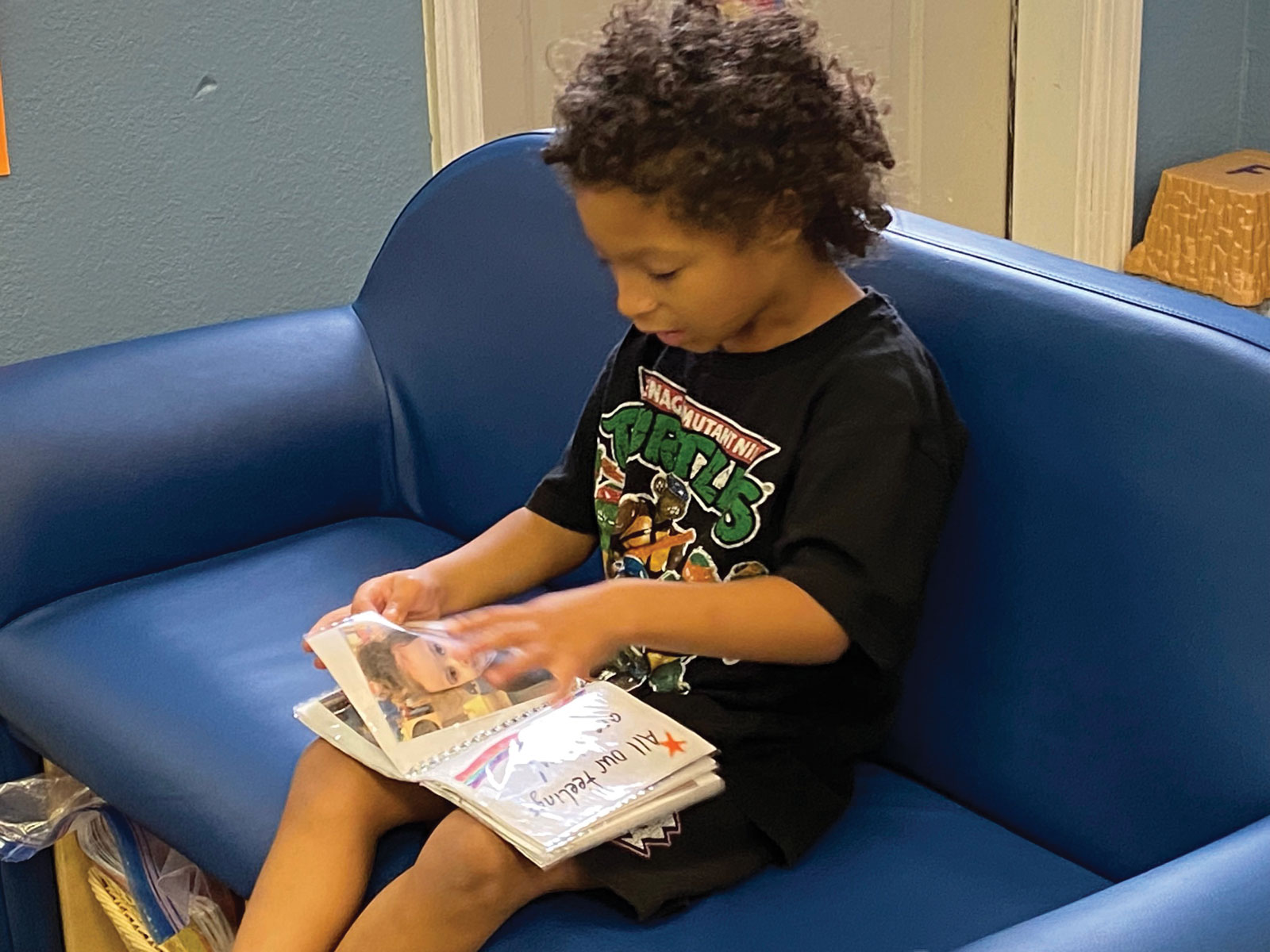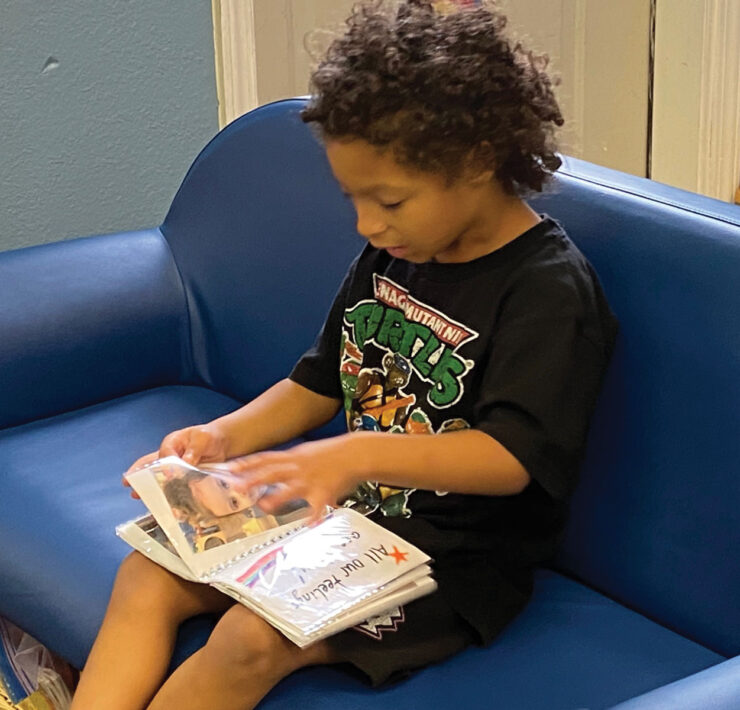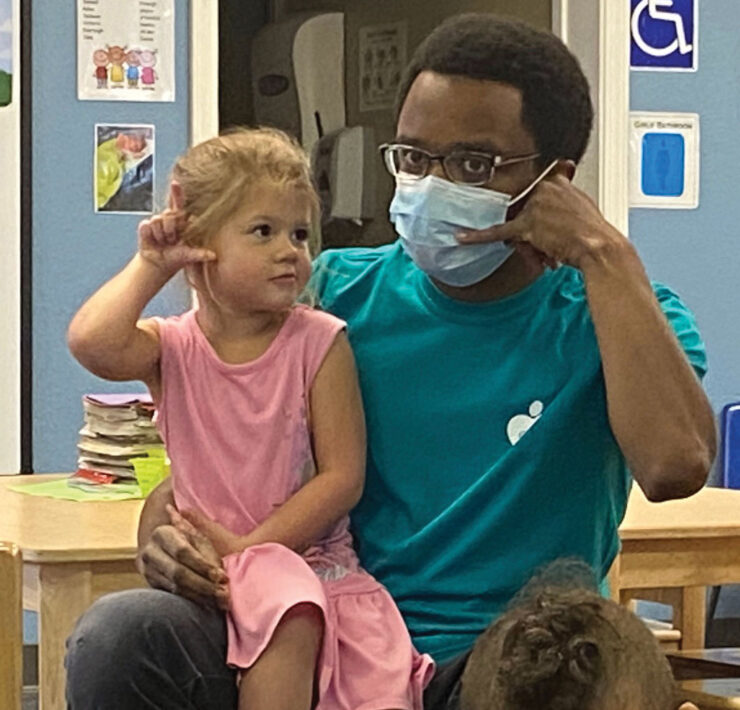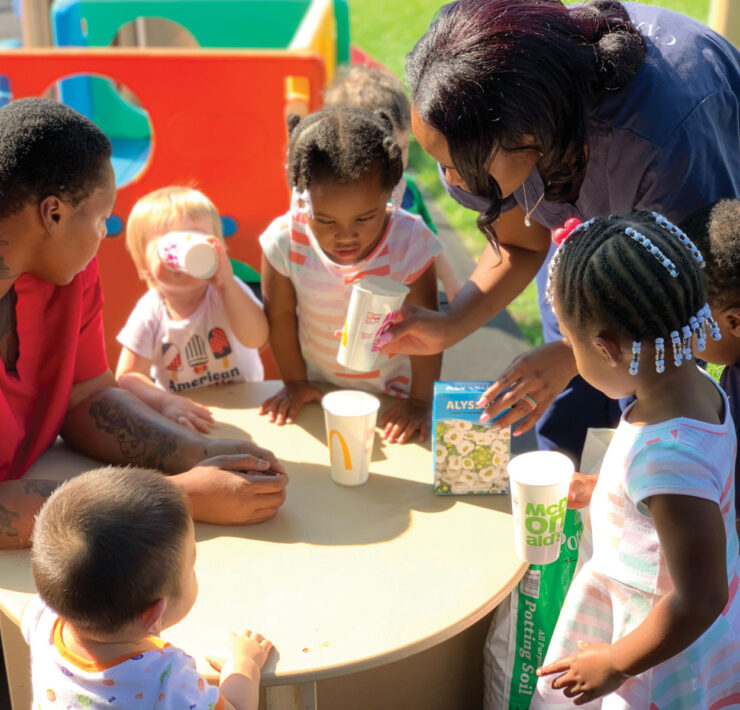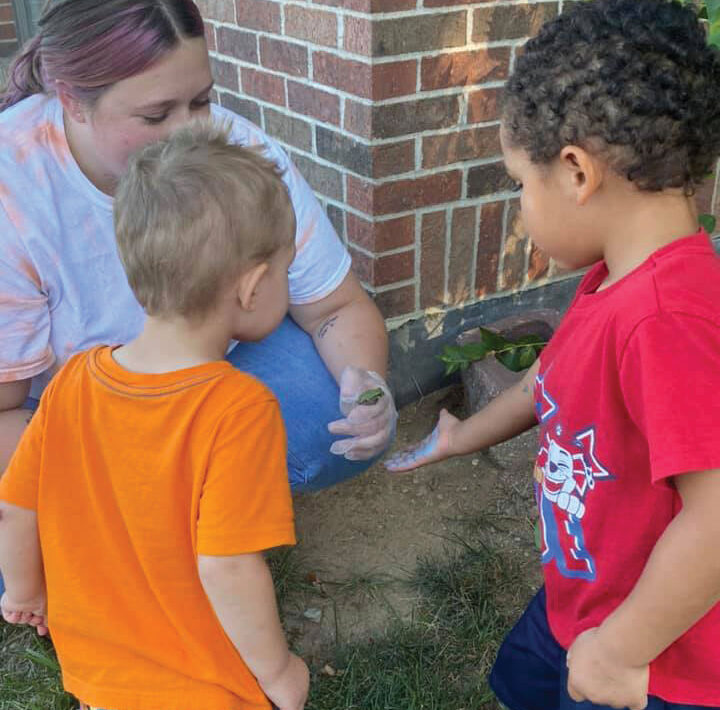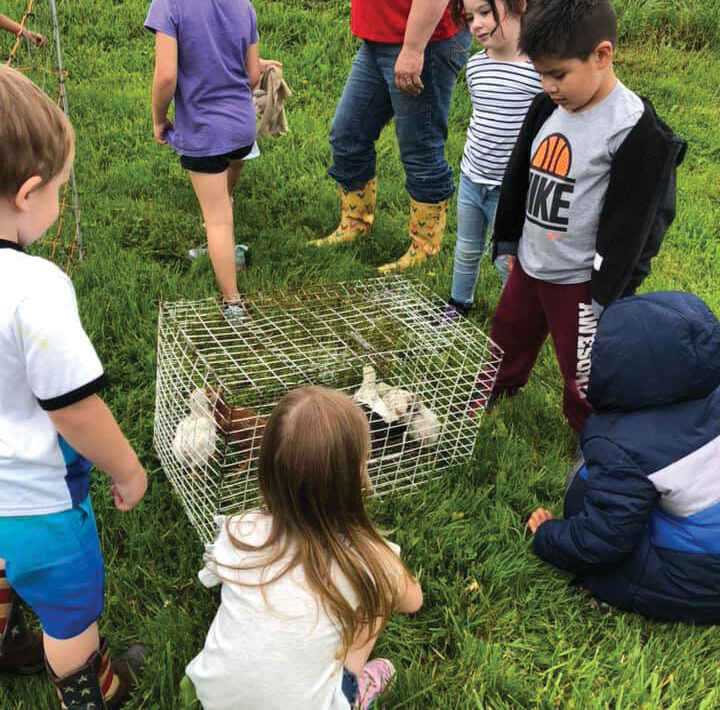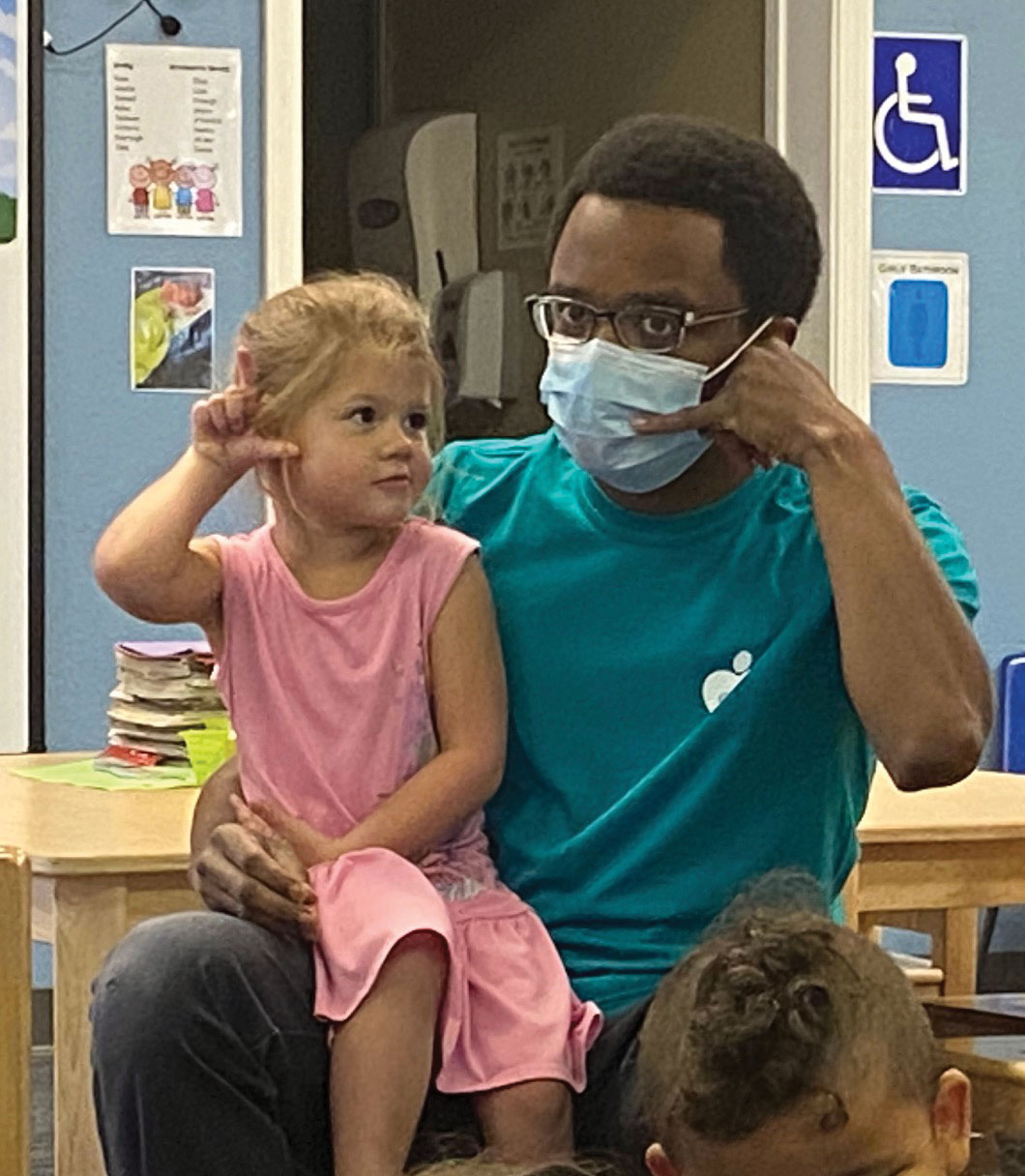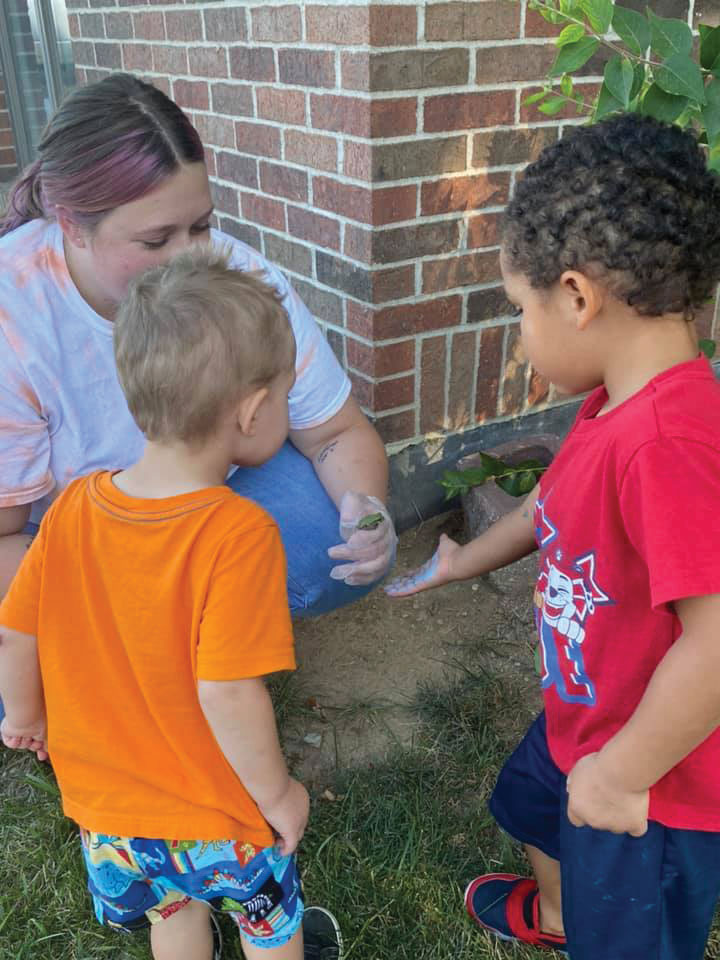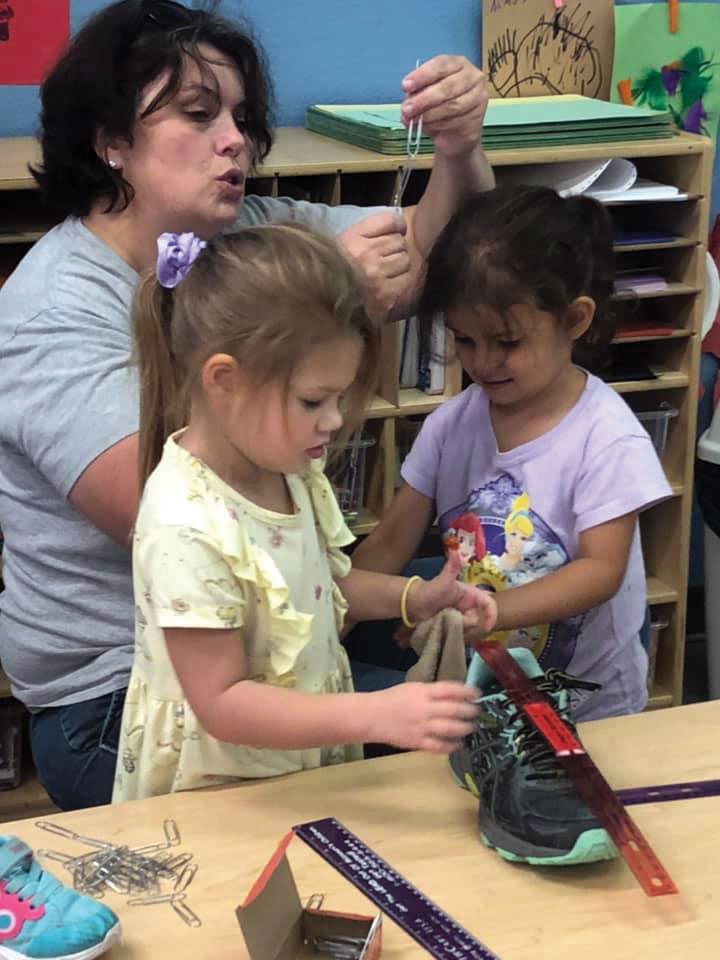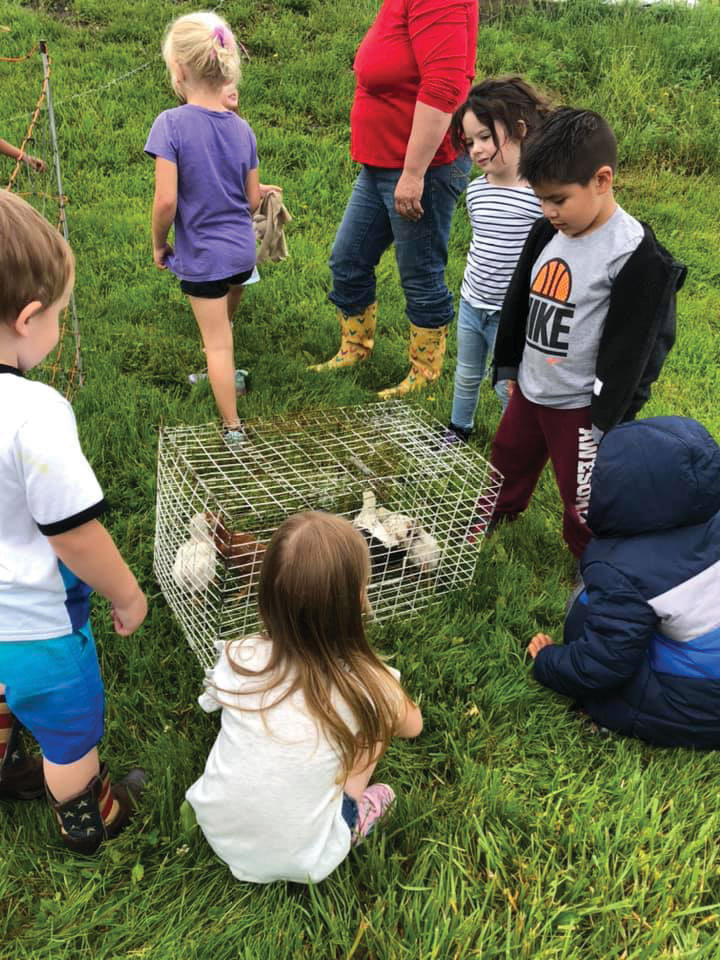The Advantage of a Head Start
- Photos provided by Central Missouri Community Action
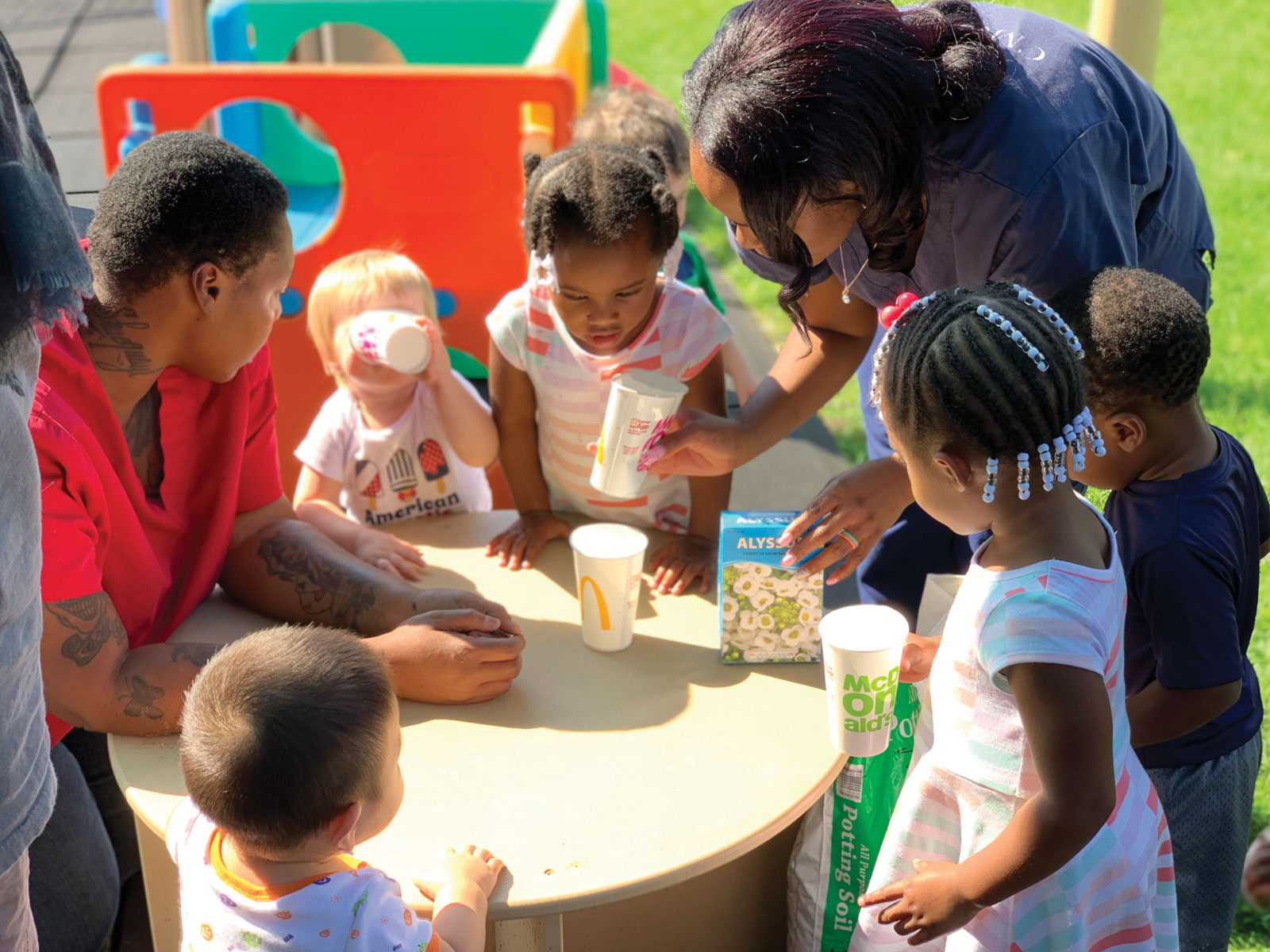

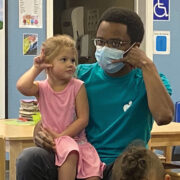
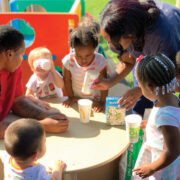
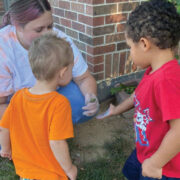 +2
+2 The Advantage of a Head Start
Head Start helps prepare children and families for early childhood education.
Central Missouri Community Action (CMCA) helps empower people and improve their quality of life through its programs and services. One of the programs CMCA operates — and its largest — is Head Start.
Head Start is a federally funded program that helps at-risk children prepare for kindergarten and improve their cognitive, social, and emotional development. Beginning in 1965, the program was one of the first that started under the War on Poverty. While it initially began as a summer program, it quickly became apparent that to truly best serve children in need, that wouldn’t be enough. Today, CMCA’s Head Start is offered to children aged 3 to 5 years-old.
“Our mission is to build relationships to empower people, strengthen resilience, and [to] improve quality of life for all members of the community,” CMCA Executive Director Darin Preis said.
Head Start gives children the opportunity to improve their listening and speaking skills, gain self confidence, and create steady home routines before starting elementary school. In addition to working with the children, Head Start also works with their parents or guardians to make sure their needs and goals are also being met so the child can grow up in a happy and healthy home.
CMCA and Head Start also ensures the children are physically and mentally well by offering health screenings, physical and dental examinations, and nutritional experiences where the children are encouraged to try new foods to create healthy habits that they hopefully carry into adulthood.
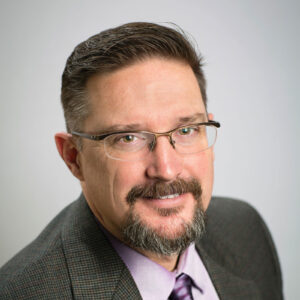
“We’re working with the most challenged families in our community,” Darin said. “The idea is that by providing a high-quality early childhood education, we’re helping to prepare the young children for school. At the same time, we’re working very closely with the parents or whoever the adults in the household might be — we work with a lot of grandparents who are raising young children — so we’re working on their goals at the same time so we can create stable households with good, consistent routines, improving income for the family, and decreasing their costs all while providing this comprehensive early-childhood program. We call it a whole-family approach. It’s not just the child we’re serving, it’s also the adults in the household.”
Head Start is a free program, but families do have to apply and qualify for it.
“It’s 100% of poverty and below, so it’s very low income families that we’re working with,” Darin said. “There are some exceptions where we can go up to 135% of poverty, and mostly we fill those slots with children who have disabilities.”
The application for Head Start is on the CMCA website, but Darin said the program needs to grow to be able to serve more families in need. Currently, CMCA’s Head Start program serves 11 counties and 569 families.
“There are so many families that need access to Head Start,” Darin said. “We have waiting lists that are longer than any of the slots we have available, so we need to grow.”
For the program to grow, federal funding would need to be increased. Darin said they also apply for grants when they become available.
“There’s decades and decades of research that says the academic impacts of Head Start last well into high school and beyond in terms of workforce readiness and income levels over the course of their lives,” Darin said. “And a big outcome is that we see kids that are more socially and emotionally stable by the time they are seniors in high school than their low-income peers.”
While Darin doesn’t typically work directly with children, there are times when he has visited a Head Start classroom and witnessed the impact for himself.
“Every time I go into a classroom I can tell you that I get the sense that there’s not enough male involvement in kid’s lives, because as soon as I sit down to read a book, I’m surrounded by children,” Darin said. “They’re just soaking up that attention and love of books and just having [those] kind of positive interactions and positive role models — adult role models — you see their faces light up when they’re in Head Start because they’re getting all of these positive experiences that are building their opportunities.”
In addition to Head Start, CMCA also runs a program called BRIDGE that is designed for families that graduate from Head Start through second grade.
“We continue providing support and coaching to these parents while helping them ‘bridge’ the transition to public schools,” Darin said. “We train public school teachers on the causes and conditions of poverty while teaching them strategies to fully engage families that might not otherwise feel comfortable in a school setting.”
The elementary school teachers go on home visits for the children, while CMCA members accompany adults to the school for parent-teacher conferences and additional events. BRIDGE is funded by the Boone County Children’s Services Commission.
Darin started out as a grant writer for CMCA before climbing the ranks to become the Executive Director. Soon after joining CMCA, he realized he wanted to stay for as long as he could.
“I always wanted to have a job that would be meaningful, like I would feel like I would make a difference,” says Darin. “And when I came across Head Start, I realized this is the way you can impact peoples’ lives and make improvements to your community and create opportunity, so I really fell in love with Head Start form the moment I started working there.”



